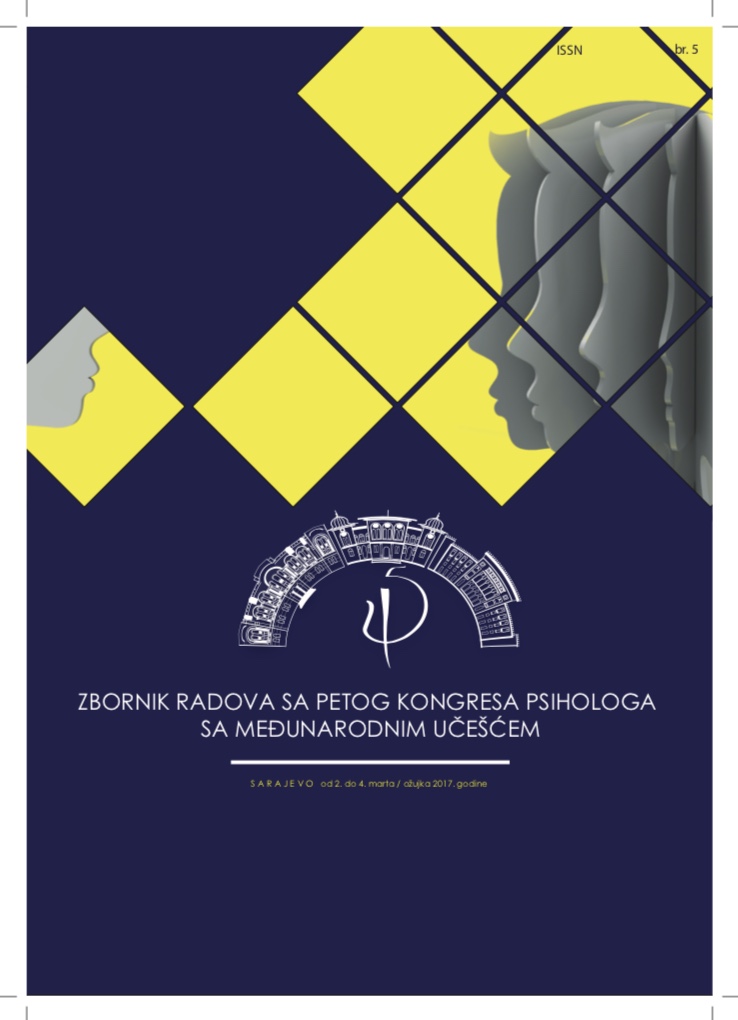Da li je "Zatvor Stanford" najznačajniji doprinos Zimbarda socijalnoj psihologiji?
Is the "Stanford Prison Experiment" Zimbardo's most significant contribution to social psychology?
Author(s): Dijana Sulejmanović, Đorđe ČekrlijaSubject(s): Psychology, Social psychology and group interaction, Penology
Published by: Logotip
Keywords: social experiment;Stanford Prison;psychology of evil;prosociality;
Summary/Abstract: As a psychologist, Philip Zimbardo became worldwide known for his 1971 Stanford prison experiment. Despite numerous controversies and convictions, as well as ethical doubts, Zimbardo’s experiment is one of the most known and also one of the most influence experiment in the field of social psychology. The aim of study was to investigate how readily people would conform to the roles of guard and prisoner in a role-playing exercise that simulated prison life. It showed that prisoners and guards had rapidly adapted to their roles, stepping beyond the boundaries of what had been predicted and leading to dangerous and psychologically damaging situations. Today, Zimbardo tries to find out the reasons of evil and Lucifer’s effect among people. He founded the Heroic Imagination Project which has a goal to prevent evil by researching and talking about daily heroism of the average people. The aim of this work is to present Zimbardo’s way from the Stanford Prison to the heroism, an antidot for the evil.
Journal: Zbornik radova Kongresa psihologa Bosne i Hercegovine
- Issue Year: 2019
- Issue No: 5
- Page Range: 558-570
- Page Count: 13
- Language: Bosnian

